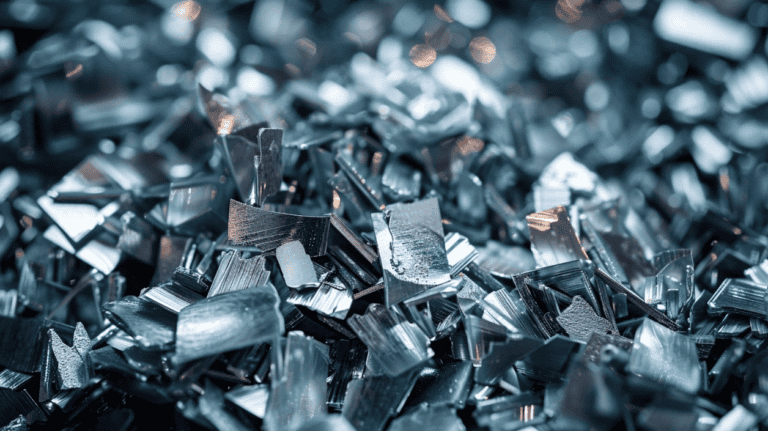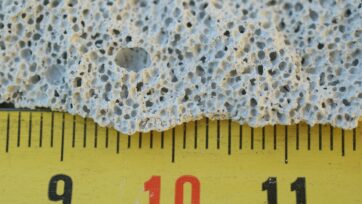Researchers from Rice University and the University of Edinburgh have developed an innovative method to create topography-patterned aluminum surfaces, paving the way for advancements in cooling systems, self-cleaning technologies, and anti-icing solutions. This scalable and cost-effective technique enhances liquid transport properties crucial for a variety of industrial applications.
Advanced Surface Engineering
The team employed a novel approach using blade-cut vinyl masking and commercially available lacquer resin, combined with physical and chemical surface treatments. This process created aluminum surfaces with high-resolution wettability contrasts, enabling behaviors ranging from superhydrophobic to hydrophilic. The method allows for patterns with feature sizes as small as 1.5 mm, significantly improving droplet shedding during condensation.
“This method represents an important step in tailored surface engineering,” said Daniel J. Preston, assistant professor of mechanical engineering at Rice University. “By enabling precise control over surface wettability and thermal properties, we are opening new doors for scalable manufacturing of advanced heat transfer surfaces.”
Enhanced Performance Through Patterning
To evaluate the technique, researchers conducted condensation visualization experiments and thermal emissivity mapping. The patterned surfaces outperformed homogeneous ones by improving droplet shedding and providing tailored thermal emissivity, essential for managing heat transfer in high-temperature environments. Infrared thermography highlighted emissivity contrasts between smooth and textured areas, showcasing the potential for advanced thermal management applications.
The research, published in Langmuir, was part of the Rice-Edinburgh Strategic Collaboration Awards program.
Applications Across Industries
The findings have significant implications for industries reliant on phase-change heat transfer, including:
- Electronics Cooling: Enhanced droplet shedding reduces thermal resistance during condensation, offering new cooling strategies for data centers and other electronic devices.
- Automotive and Aerospace Systems: Tailored thermal emissivity patterns optimize heat dissipation in engines and aerospace components.
- Anti-Icing Solutions: Superhydrophobic regions expedite water removal, preventing ice formation on critical surfaces like airplane wings, wind turbines, and power lines.
“Aluminum is widely used in thermal management devices like heat exchangers due to its high conductivity, low density, and low cost,” said Geoff Wehmeyer, assistant professor of mechanical engineering at Rice. “Our method adds a new dimension to its functionality by integrating scalable and affordable surface patterning.”
Broader Impact and Accessibility
Traditional methods, such as photolithography, are expensive and limited in scale. The new technique uses accessible materials to create intricate patterns on larger surfaces, making it suitable for industrial applications. It offers a promising pathway for designing next-generation condensers and heat exchangers.
Research Team Contributions
The project brought together expertise from Rice University and the University of Edinburgh. Lead authors include Trevor Shimokusu, a Rice mechanical engineering doctoral graduate now at the University of Hawaii, and Hemish Thakkar, a Rice graduate pursuing a doctorate at Princeton University.
This collaborative effort underscores the potential of surface engineering to transform technologies critical to daily life, making them more efficient and reliable.
References
2025, ‘Scalable aluminum surfaces method enables advancements in cooling, self-cleaning and anti-icing technologies’, TechXplore, viewed 16th January 2025, <https://techxplore.com/news/2025-01-scalable-aluminum-surfaces-method-enables.html>

























